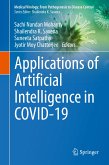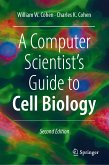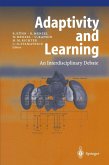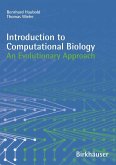As design blueprint, the book is intended for scientists and other professionals tasked with developing and using AI technologies in the context of life sciences research. As a user guide, this volume addresses the requirements of researchers to gain a basic understanding of key AI methodologies for life sciences research. Its emphasis is not on an intricate mathematical treatment of the presented AI methodologies. Instead, it aims at providing the users with a clear understanding and practical know-how of the methods. As a research agenda, the book is intended for computer and life science students, teachers, researchers, and managers who want to understand the state of the art of the presented methodologies and the areas in which gaps in our knowledge demand further research and development. Our aim was to maintain the readability and accessibility of a textbook throughout the chapters, rather than compiling a mere reference manual. The book is also intended as a communication platform seeking to bride the cultural and technological gap among key systems biology disciplines. To support this function, contributors have adopted a terminology and approach that appeal to audiences from different backgrounds.
Dieser Download kann aus rechtlichen Gründen nur mit Rechnungsadresse in A, B, BG, CY, CZ, D, DK, EW, E, FIN, F, GR, HR, H, IRL, I, LT, L, LR, M, NL, PL, P, R, S, SLO, SK ausgeliefert werden.









